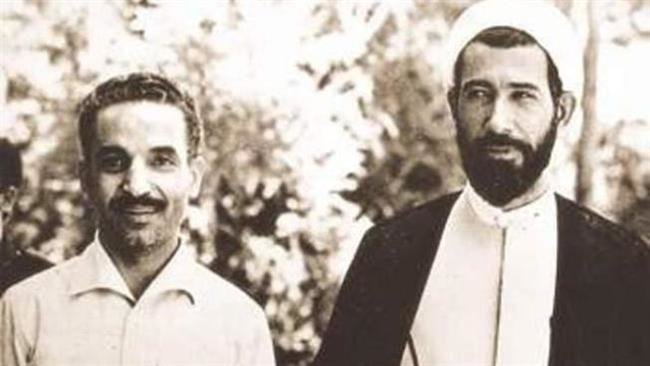 Since the victory of the Islamic Revolution, the 1980s should be considered as the most important decade. Political, security and military developments along with a chain of tragic events have made this period highly distinctive. This decade witnessed long-term foreign imposed war and the emergence and expansion of terrorism against Iran.
Since the victory of the Islamic Revolution, the 1980s should be considered as the most important decade. Political, security and military developments along with a chain of tragic events have made this period highly distinctive. This decade witnessed long-term foreign imposed war and the emergence and expansion of terrorism against Iran.
In this decade, the summer of 1981 can be considered the focal point of these developments. At the same time, not more than a year had elapsed since the Iraqi invasion of Iran when terrorism inside the country supported by the foreign aggressor struck very severe and targeted blows to country to ensure the fall of the nascent political system in Iran.
A left-wing, radical terrorist group, the People's Mojahedin of Iran (aka PMOI, MEK, MKO) unbelievably created an eclectic mix of Islam and Marxism and officially declared armed struggle against the political system on June 20, 1981 launching a massive wave of terror attacks in Iran. It is not unsubstantiated to claim that the magnitude of these attacks were unprecedented until that then and even after that period. Bombing the headquarters of the Islamic Republican Party in Tehran which killed dozens of Iranian Parliament members and political figures along with Chief Justice on June 28, 1981, and then bombing the Iranian Prime Minister's office the prime minister's office killing the president and the prime minister on August 30, 1981 turned the summer of 1981 into the most sensitive peiord in Iran's contemporary history. In addition, assassination of the then president and prime minister became Iran’s most horrific terrorist incident.
The August 30, 1981 bombing of the prime minister's office occurred in a situation when the MEK had already begun their violent terrorist movement at the end of the spring of the same year, and expanded it when they fled to France. However, their acts of terror were never criticized by countries like France and the United States, which and gave them the greenlight and emboldened them to carry out the terrorist attack in the prime minister's office and never be called to account. The West simply ignored the unprecedented and simultaneous assassination of a president and prime minister to show that in the conflict between terrorism and Iran, they chose to side with terrorists who assassinated the highest officials of a country along with its citizens.
France and the United States have not shouldered the responsibility ever since. By avoiding accountability, not only have these countries failed to fulfill their obligations in the face of terrorism, but have openly sided with the terrorists.
After four decades of taking the side of terrorists, western countries must now redefine their relations with Iran and its future. Within the framework of international system, if these countries seek a constructive interaction with the political system of a country, there is no place for double standards and relationship with a terrorist group. Assassination of a president, prime minister, and Chief Justice of a country is counted as an act of terror all over the world and leaves no room for interpretation. Even the passage of time must not allow the perpetrators of terrorist acts their supporters to get away with their crimes.
Now that years have passed since the assassination of Mr. Rajaei and Mr. Bahoner, western countries must remain committed to fighting terrorism. It is not enough to fight extremists such as Al-Qaeda and ISIS, who pose threats to the whole world. Measures to combat regional terrorism that has targeted specific countries must be high on the agenda of western countries.
Prosecuting MEK leaders who are now operating in different parts of Europe and the US should be taken into consideration by these countries. The existence of such terrorist groups fuels mistrust among countries and prevents the spread of peace in the world. The MEK is a desperate terrorist group which has been unable to reach its goals. Even their assassination of high Iranian officials and thousands of Iranian citizens, acts of sabotage, espionage in the Iran-Iraq war, and siding with Saddam Hussein -the Iraqi dictator-delivered no results for them. Therefore, the West's revision of its support for this group seems to be the only way to compensate for all the years of backing terrorists who assassinated 17,000 Iranian citizens.
